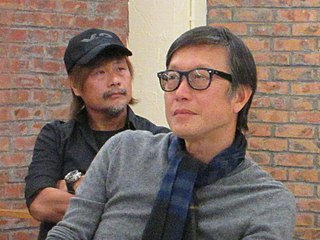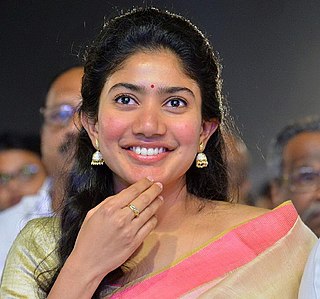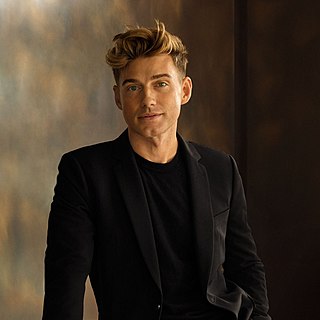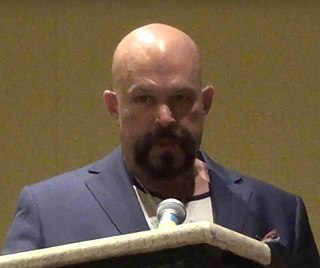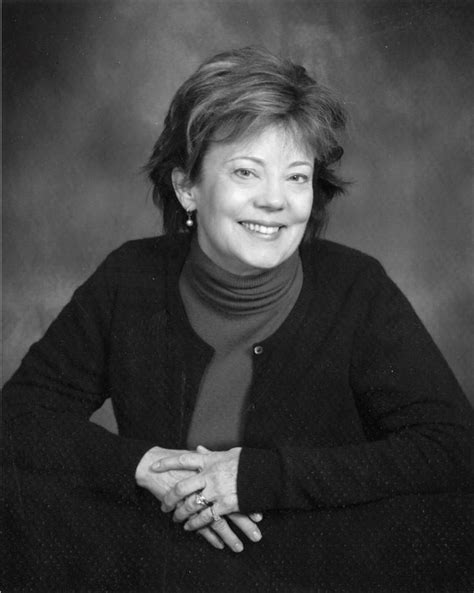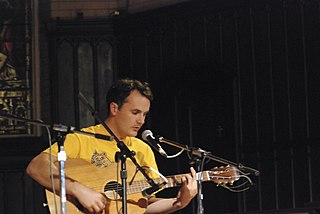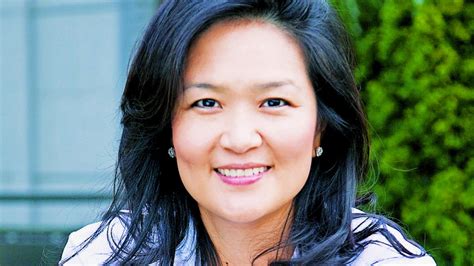A Quote by Andrew Lau
After Chen Zhen, I wanted to make an emotional, touching story.
Related Quotes
When I read the script of 'Karu,' there was a spark within, and I instantly connected with the story. I was emotionally attached to the story. After we finished shooting, I was so attached to the kid who played my daughter, I wanted to adopt her. That's how strong my emotional attachment was with the role and the story.
It wasn't long after I began writing Star Wars that I realized the story was more than a single film could hold. As the saga of the Skywalkers and Jedi Knights unfolded, I began to see it as a tale that could take at least nine films to tell - three trilogies - and I realized, in making my way through the back story and after story, that I was really setting out to make the middle story.
I wanted to pack a lot into the lyric, but not go beyond its bounds. Some have written that I wanted to expand what the lyric could do. I just want the hugeness of experience-which includes philosophical discursiveness-to move at a rate of speed that kept it (because all within one unity of experience) emotional. Also, often, questions became the way the poems propelled themselves forward It brings the reader in as a listener to a confession[.] A poem is a private story, after all, no matter how apparently public. The reader is always overhearing a confession.
I wanted to lift the aspects of the lyrics and imagery that I found sincerely powerful and touching, plus the amazing musical extremities, and make my own thing. That's what making music has always been for me. Synthesizing a nonexistent kind of music that I wish existed because I wanted to listen to it.
I don't make movies about issues. This is my same litmus test for all the movies I love: Is it a great character on a great emotional quest with a great emotional need? Do they overcome great emotional obstacles? Is it a fantastic story? I didn't set out to be a political activist. I'm just a human being who's moved by certain things, and if certain things break my heart, I set out to fix them.
